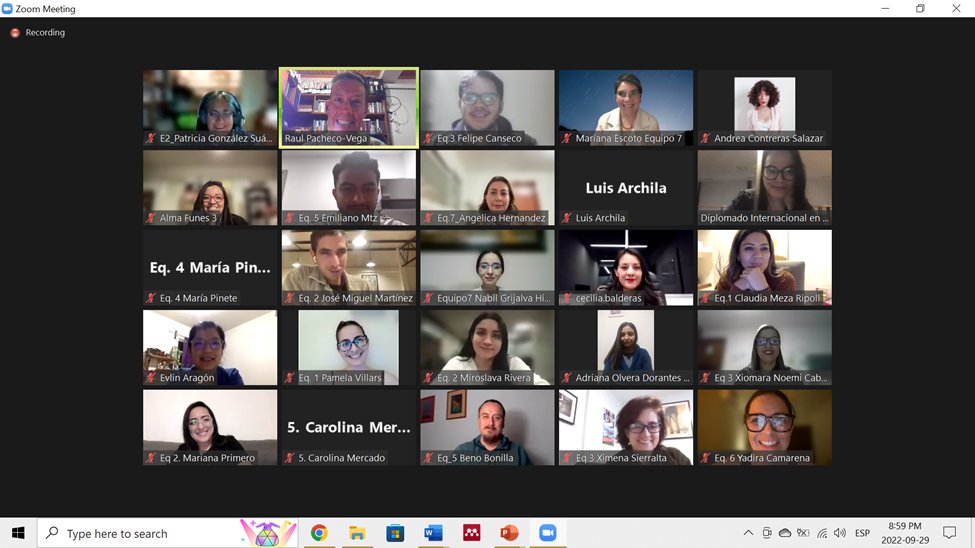
Acabo de ver que mi ex-alumno @paulalcantar está en situación de Página en Blanco y aquí les comparto algunos hilos de #RPVTips que he escrito para lidiar con (y resolver) el Bloqueo de Escritura:
1) Definiendo conceptos para "desbloquearnos"
1) Definiendo conceptos para "desbloquearnos"
https://twitter.com/raulpacheco/status/1505947897715736578?s=20&t=4555z4NDI5-wyTECMG70RQ
2) LEER es una de las mejores estrategias para confrontar la situación de página en blanco. Ahora mismo estoy trabajando en un capítulo de libro sobre QCA (Qualitative Comparative Analysis, Análisis Comparativo Cualitativo), leer me ayuda a escribir.
https://twitter.com/raulpacheco/status/1503536095044456452
3) ESCRIBIR EN FICHAS DE TRABAJO me ayuda a desbloquearme y a confrontar la Situación de Página en Blanco. Para mí, escribir en fichas de trabajo ("fichar") es una actividad que combina la lectura con la escritura de una manera muy táctil y visual.
https://twitter.com/raulpacheco/status/1493606796250001419?s=20&t=g_3N8deDjW4Fn61DYZWCag
4) Bonus #RPVTips: las 5 Estrategias del Profe Raul Pacheco-Vega para confrontar el Bloqueo de la Escritura (otherwise known as la Situación de Página en Blanco)
Ojalá que este 🧵les sea de utilidad a quienes están en Situación de Página en Blanco.
Ojalá que este 🧵les sea de utilidad a quienes están en Situación de Página en Blanco.
https://twitter.com/raulpacheco/status/1423986967134408706?s=20&t=g_3N8deDjW4Fn61DYZWCag
Y si se quieren suscribir a mi canal de YouTube, la liga: youtube.com/channel/UCEL6p…
• • •
Missing some Tweet in this thread? You can try to
force a refresh








